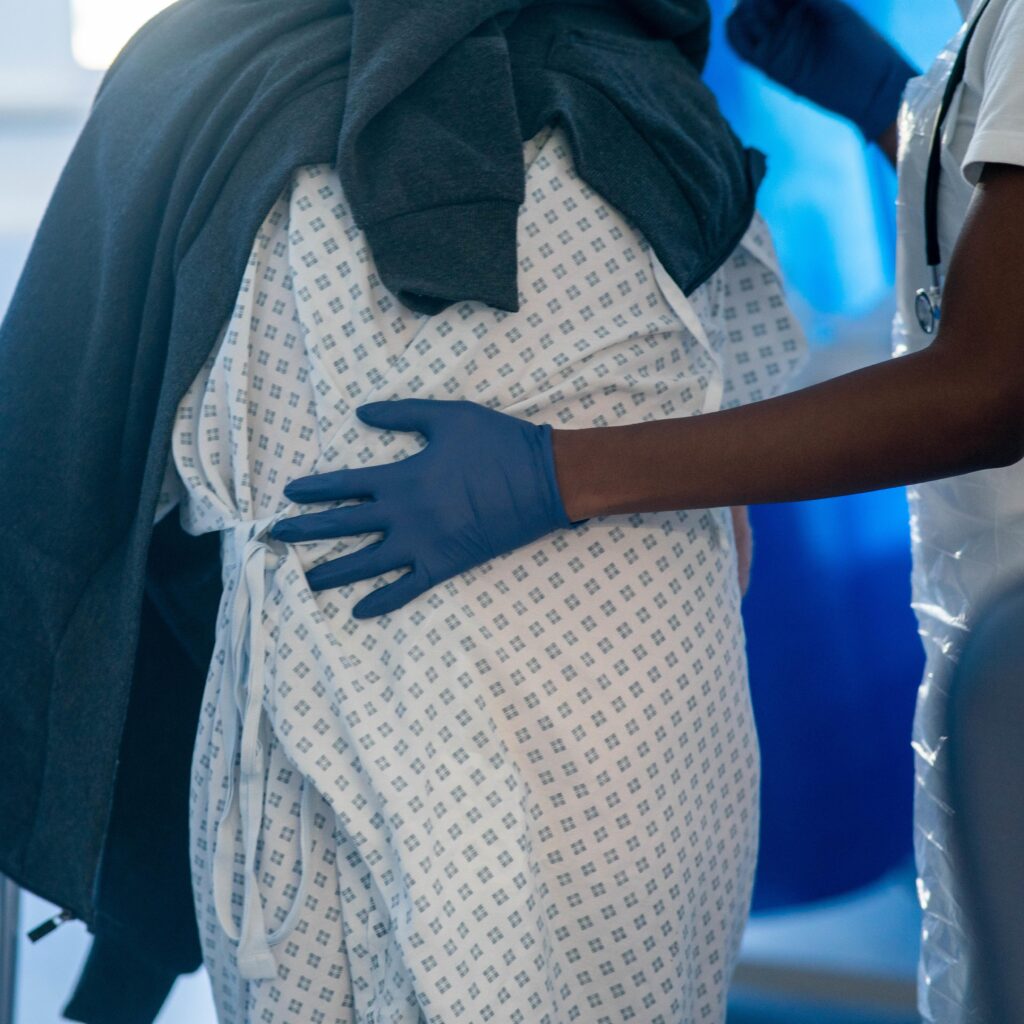
A groundbreaking project led by a researcher at Heriot-Watt University in Edinburgh is set to transform skin cancer diagnosis in remote parts of the world. Tess Watt, a PhD student, has developed an innovative AI tool that promises to deliver fast and potentially life-saving diagnoses to communities lacking direct access to dermatologists.
The technology, which functions without internet connectivity, allows individuals to capture images of skin complaints using a small camera attached to a Raspberry Pi device. This energy-efficient handheld computer analyzes the images in real-time, comparing them to a vast dataset stored on the device to provide a diagnosis. The results are then communicated to local GP services to initiate appropriate treatment plans.
Revolutionizing Remote Healthcare
This development represents the first known effort to combine AI medical diagnosis specifically for remote communities. As Ms. Watt explained, “Healthcare from home is a really important topic at the moment, especially as GP wait times continue to grow. If we can empower people to monitor skin conditions from their own homes using AI, we can dramatically reduce delays in diagnosis.”
A prototype of the device has already been demonstrated at Heriot-Watt’s advanced health and care technologies suite, showing an impressive diagnostic accuracy of up to 85%. The research team aims to enhance this accuracy by accessing more extensive datasets of skin lesions, a process supported by advanced machine learning tools.
The Path to Real-World Application
Ms. Watt is currently in discussions with NHS Scotland to begin the ethical approval process necessary for testing the technology in clinical settings. “Hopefully in the next year or two, we’ll have a pilot project under way,” she stated, acknowledging the lengthy journey from prototype to practical implementation. “By the time I finish my PhD, three years from now, I’d love to see something well into the pipeline that’s on its way to real-world use.”
The university envisions initially deploying the system across remote regions of Scotland, with plans to expand its reach to global areas with limited access to dermatological care. This technology could also provide crucial support to patients who are infirm or unable to travel, allowing loved ones to assist in capturing and submitting diagnostic images to healthcare providers.
Ensuring Resilience and Accessibility
Dr. Christos Chrysoulas, Ms. Watt’s academic supervisor, emphasized the importance of designing e-health devices that operate independently of external connectivity. “In the event of a network or cloud service failure, such devices must fail safely and maintain all essential clinical operations without functional degradation,” he explained. “Ensuring this level of resilience in affordable, low-cost medical devices is the essence of our research, particularly for deployment in resource-limited settings and areas with limited or no connectivity.”
“Low-cost technology which could help detect skin cancer early and at home, without even the need for internet access, is an incredible example of AI’s potential to break down barriers in healthcare and save lives.” — Peter Kyle, UK Science and Technology Secretary
Implications for Global Health
The potential impact of this technology extends far beyond Scotland. By enabling early detection of skin cancer in remote and underserved areas, it could significantly reduce mortality rates associated with late-stage diagnoses. Furthermore, the project highlights the crucial role of UK innovators in advancing healthcare technology and underscores the importance of government investment in research.
As the project progresses towards real-world application, it stands as a testament to the transformative power of AI in healthcare, offering hope to millions who currently face barriers to timely medical diagnosis and treatment.






